Faculty
Consortium Leadership Faculty
Faculty members from across many of Tufts' schools and programs are involved with the Consortium, including two faculty holding newly endowed professorships created to play key roles in the scholarship around the BrainGate technologies. Below are the Consortium's Leadership and Affiliated Faculty members, links to their research websites, and ways to be in contact.
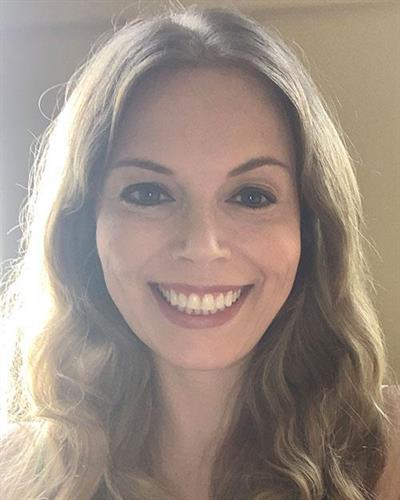
Stephanie Badde
Stibel Family Assistant Professor of Brain and Cognitive Science
Department of Psychology
Stephanie Badde is the inaugural holder of the Stibel Family Assistant Professorship of Brain and Cognitive Science in the Department of Psychology. The professorship recognizes an outstanding junior faculty member in the field of cognitive and brain sciences. Badde has a dual background in psychology and mathematics and her research focuses on tactile and proprioceptive localization, optimal integration of multisensory information, cross-modal recalibration, and Bayesian models of perception.
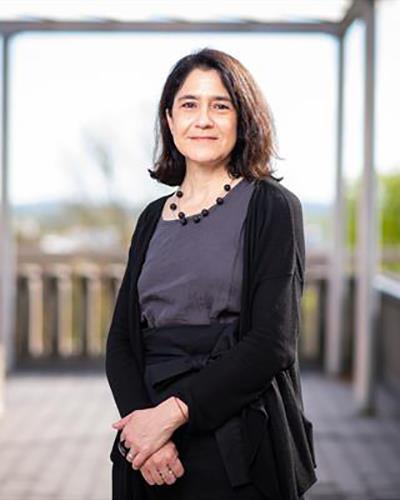
Bárbara M. Brizuela
Dean of the Graduate School of Arts and Sciences
Professor
Department of Education
Bárbara Brizuela's current research focuses on children’s learning of elementary mathematics, including algebraic reasoning and other notational aspects of mathematics, as well as mathematics teachers’ learning and professional development. Her main areas of interest are mathematics education, early childhood education, and cognitive development. Brizuela is currently serving as Dean of the Graduate School of Arts and Sciences.
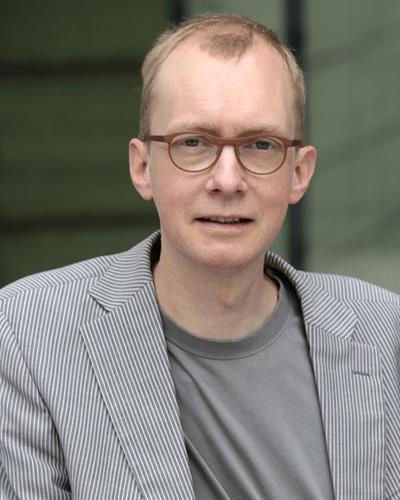
Jan P. de Ruiter
Professor
Director, Cognitive Science PhD Program
Department of Computer Science and Department of Psychology
J.P. de Ruiter's research area is the cognitive foundations of communication. He uses experiments, analysis of naturalistic data, and computational modeling to study a variety of topics like misunderstandings, conversational turn-taking, gesture, and social robotics.
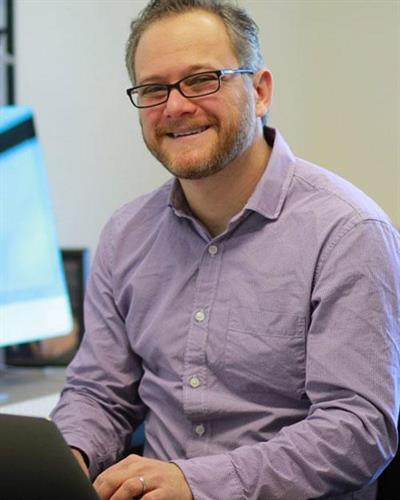
Ariel Goldberg
Associate Professor
Deputy Director, Cognitive Science PhD Program
Department of Psychology
Ariel Goldberg's research program focuses on understanding the cognitive processes that underlie spoken and written language production. Primary areas of interest include the processes involved in producing morphologically complex words, specifically the interplay of lexical and grammatical processes and the ways in which morphological structure affects phonological form. Goldberg utilizes several methodologies from cognitive science including phonology and phonetics, psycholinguistics, cognitive neuropsychology and computational simulation
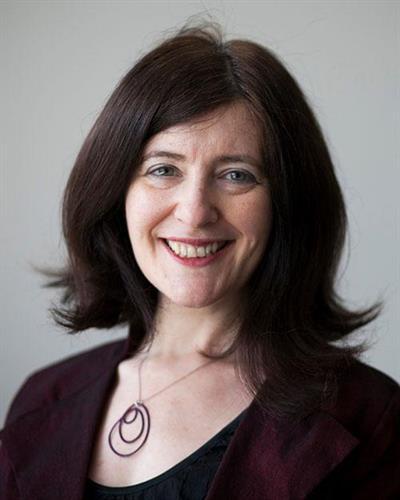
Dennett Stibel Professor of Cognitive Science
Department of Psychology
Gina Kuperberg's lab investigates the neural mechanisms underlying language processing in healthy adults using multimodal neuroimaging techniques (including MRI, MEG, ERP) and multiple different approaches (including neuropsychological testing, and computational modeling). Her lab also investigates how these mechanisms break down in individuals with neuropsychiatric disorders such as schizophrenia.
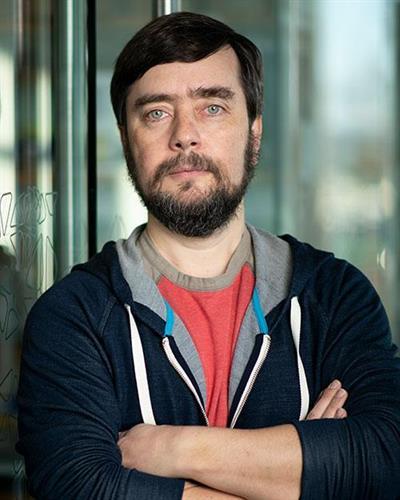
Michael Levin
Distinguished Professor
Vannevar Bush Professor
Director, Allen Discovery Center at Tufts
Department of Biology
Michael Levin studies the molecular mechanisms cells use to communicate with one another. His work is directed toward understanding the mechanisms of signaling between cells and tissues that allows a biological system to reliably generate and maintain a complex morphology. Advances in regenerative medicine depend on understanding electrical anatomical memory, which is like memory in the brain. Brain computer interfaces such as BrainGate could offer key insights into how cells communicate to signal growth, adaptation to trauma, or even the storage of memories.
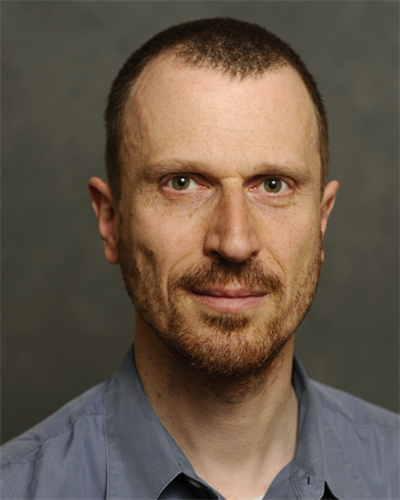
Matthias Scheutz
Karol Family Applied Technology Professorship
Professor
Department of Computer Science
Matthias Scheutz is a computer scientist, cognitive scientist, and roboticist working in the intersection of cognitive science, artificial intelligence, and robotics on computational models of language processing and social interactions, especially human-robot interaction, and complex cognitive robotic architectures with natural language and ethical reasoning capabilities.
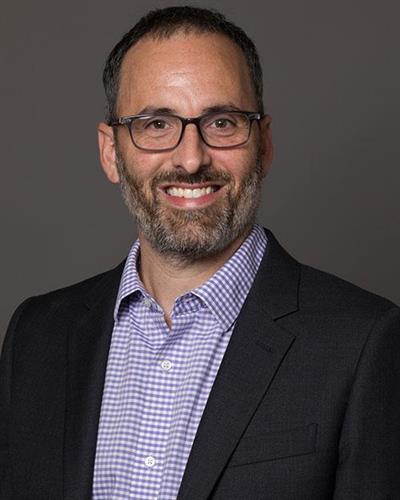
Samuel Sommers
Professor and Chair
Department of Psychology
Sam Sommers is the Chair of the Department of Psychology, where the undergraduate Cognitive and Brain Science (CBS) major is housed. He is an experimental social psychologist interested in issues related to stereotyping, prejudice, and group diversity. His research focuses on two general (and often overlapping) topics: 1) race and social perception, judgment, and interaction; and 2) the intersection of psychology and law.
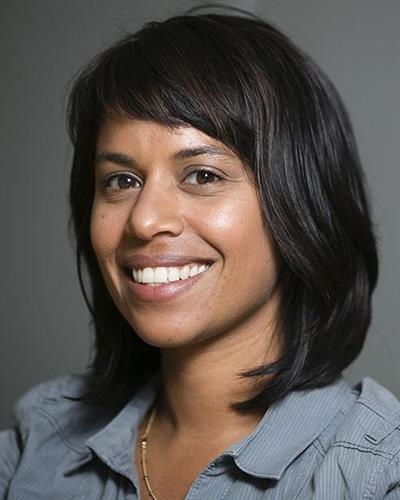
Ayanna K. Thomas
Dean of Research for Arts and Sciences
Professor
Department of Psychology
Ayanna Thomas is the Dean of Research for Arts and Sciences and a Professor in the Department of Psychology. Her research focuses on the relationship between memory and metamemory. She examines the role metamemory plays in memory acquisition, distortion, and access using a balanced approach towards basic and applied designs as they relate to education, eyewitness memory, and age-related changes in memory.
Affiliate Faculty
- Christoph Börgers - Department of Mathematics
- Remco Chang - Department of Computer Science
- Richard A. Chechile - Department of Philosophy
- Robert Cook - Department of Psychology
- Eileen Crehan - Eliot-Pearson Department of Child Study and Human Development
- Brian Epstein - Department of Philosophy
- Calvin Gidney III - Eliot-Pearson Department of Child Study and Human Development
- David Hammer - Department of Education
- Michael Hughes - Department of Computer Science
- Ray Jackendoff - Department of Philosophy
- Robert Jacob - Department of Computer Science
- Mimi Kao - Department of Biology
- Tama Leventhal - Eliot-Pearson Department of Child Study and Human Development
- Paul Muentener - Department of Psychology
- Aniruddh D. Patel - Department of Psychology
- Elizabeth Race - Department of Psychology
- Jivko Sinapov - Department of Computer Science
- Holly A. Taylor - Department of Psychology
- Linda Tickle-Degnen - Department of Occupational Therapy
- Heather L. Urry - Department of Psychology
- Nathan Ward - Department of Psychology